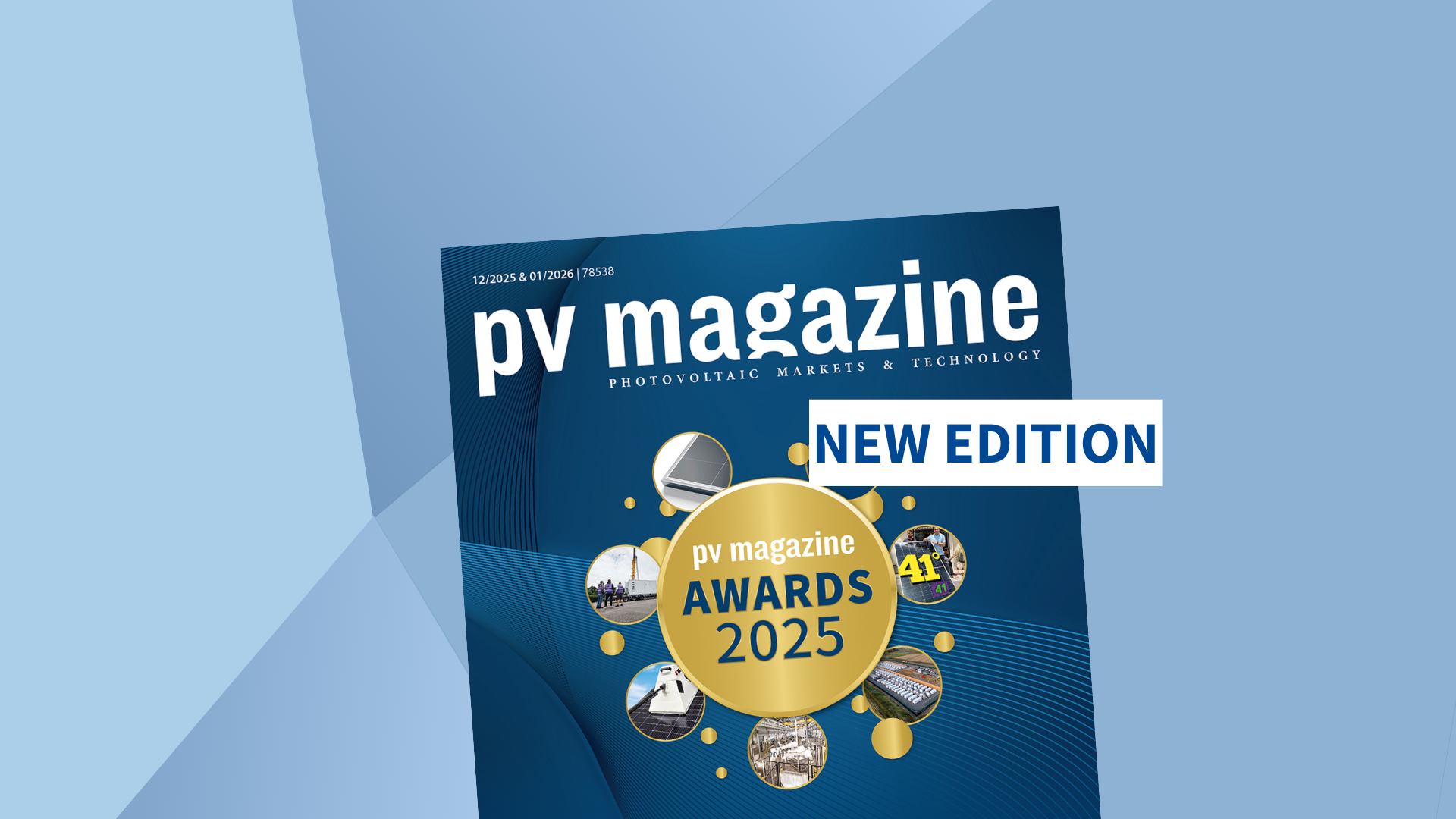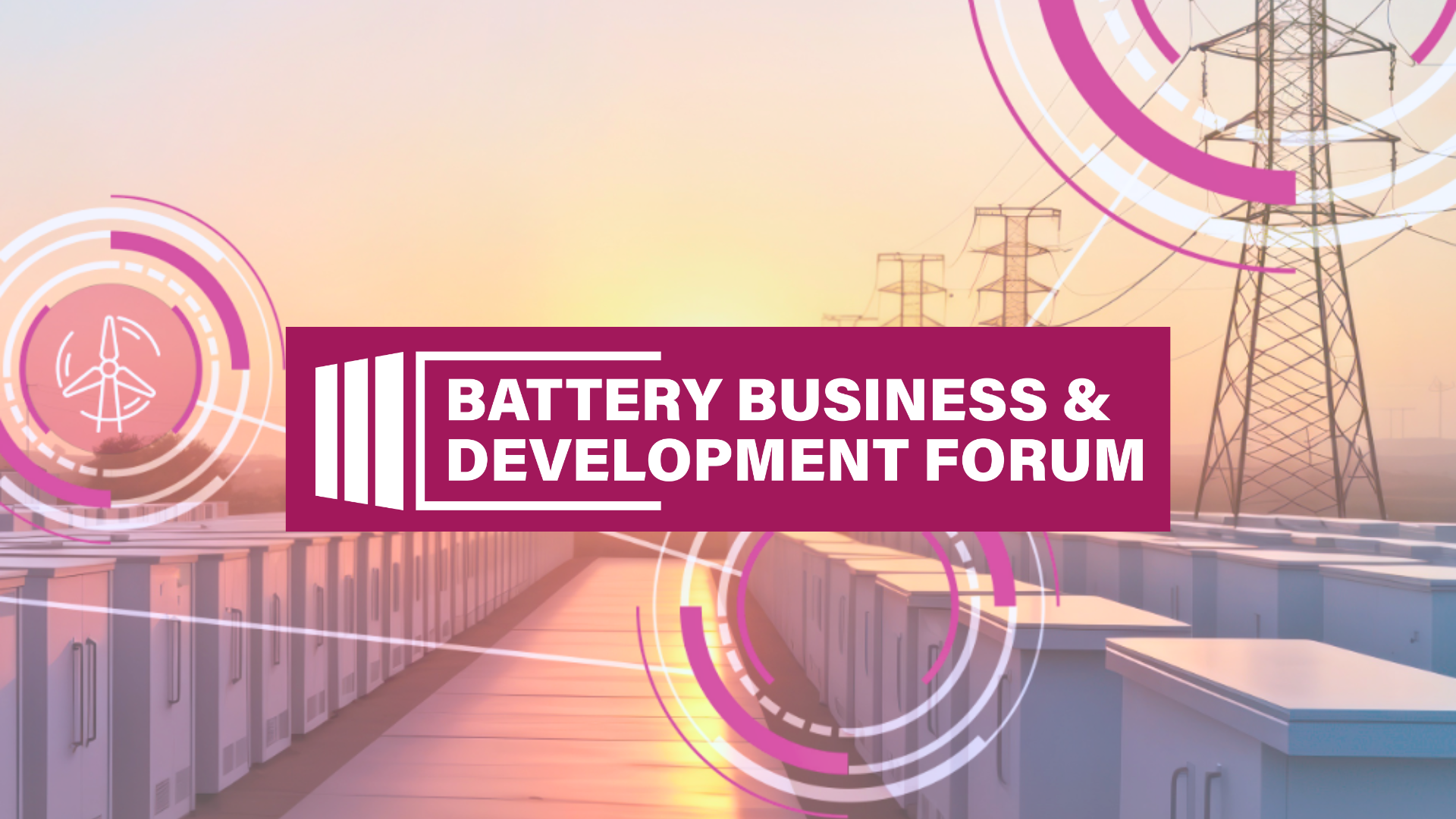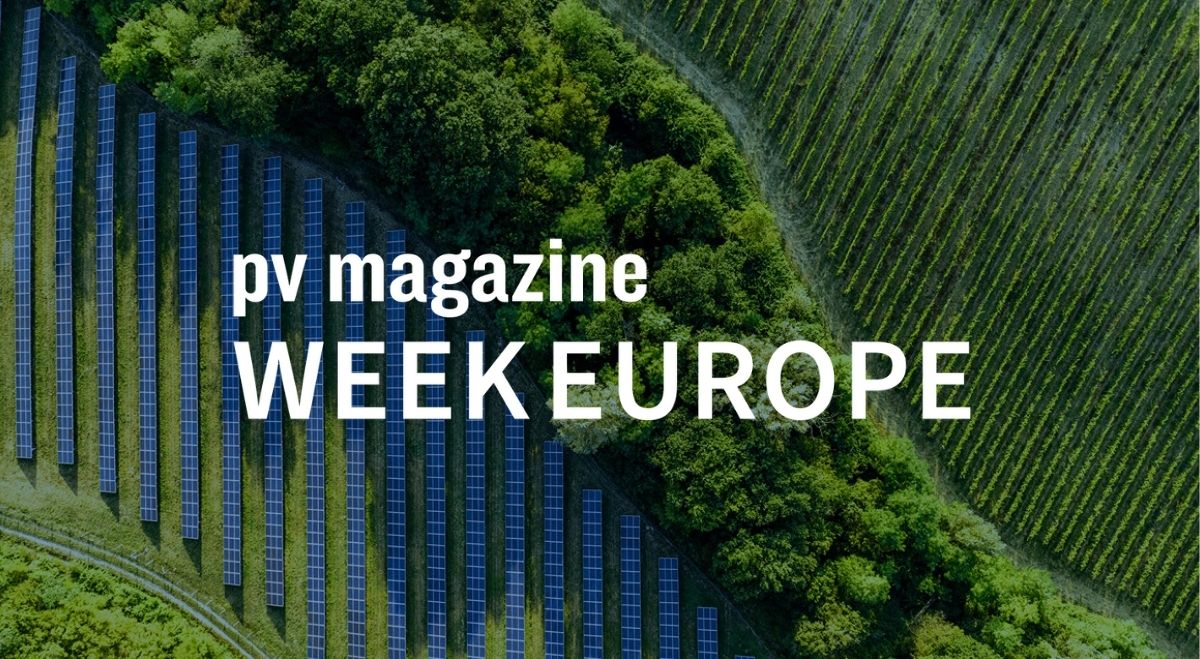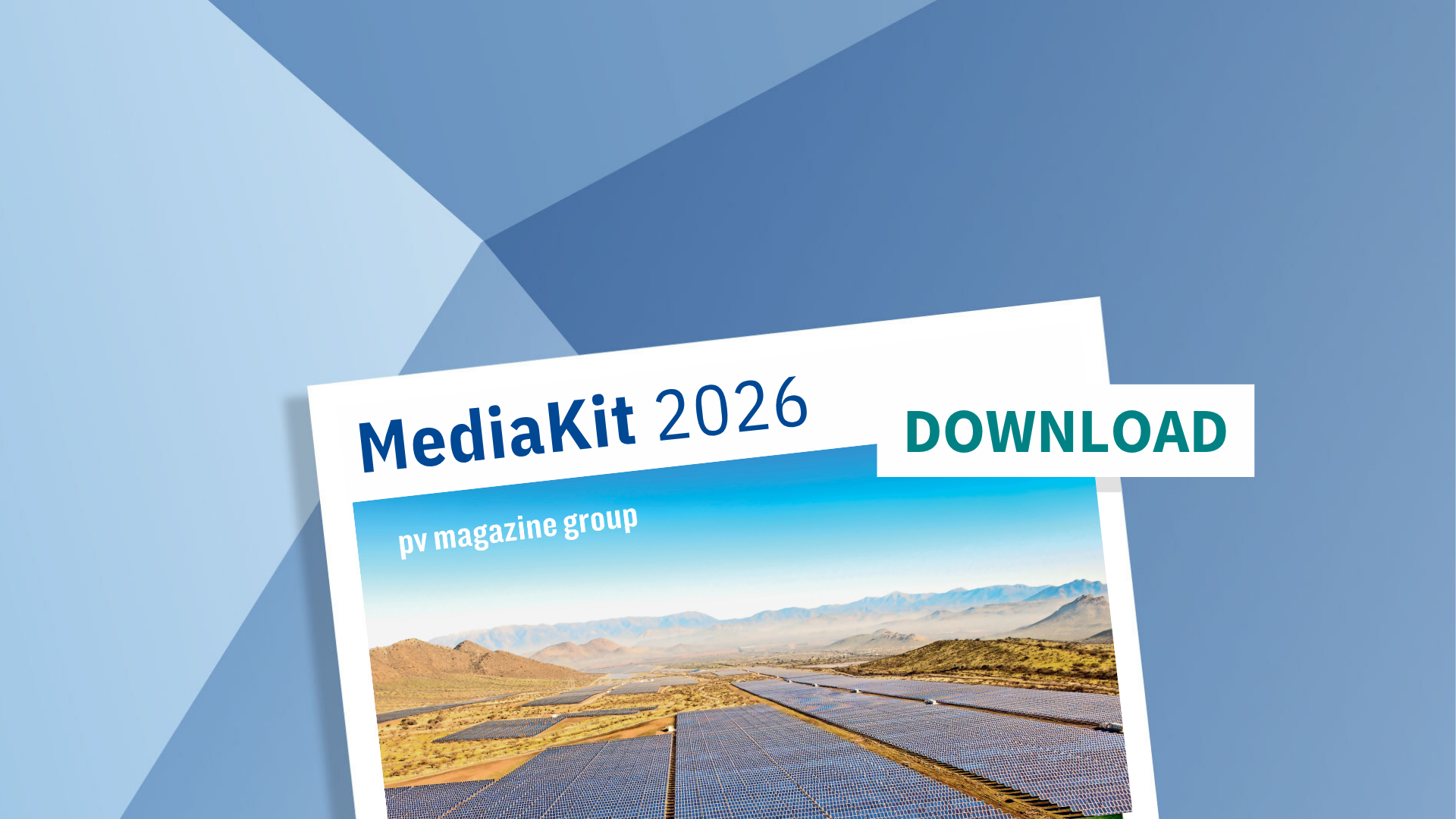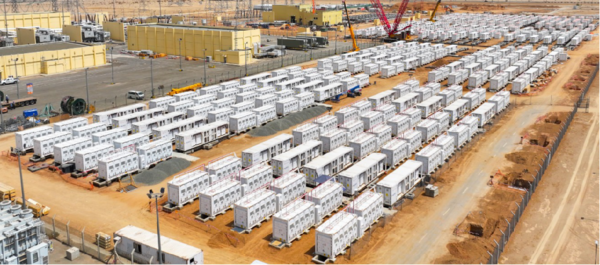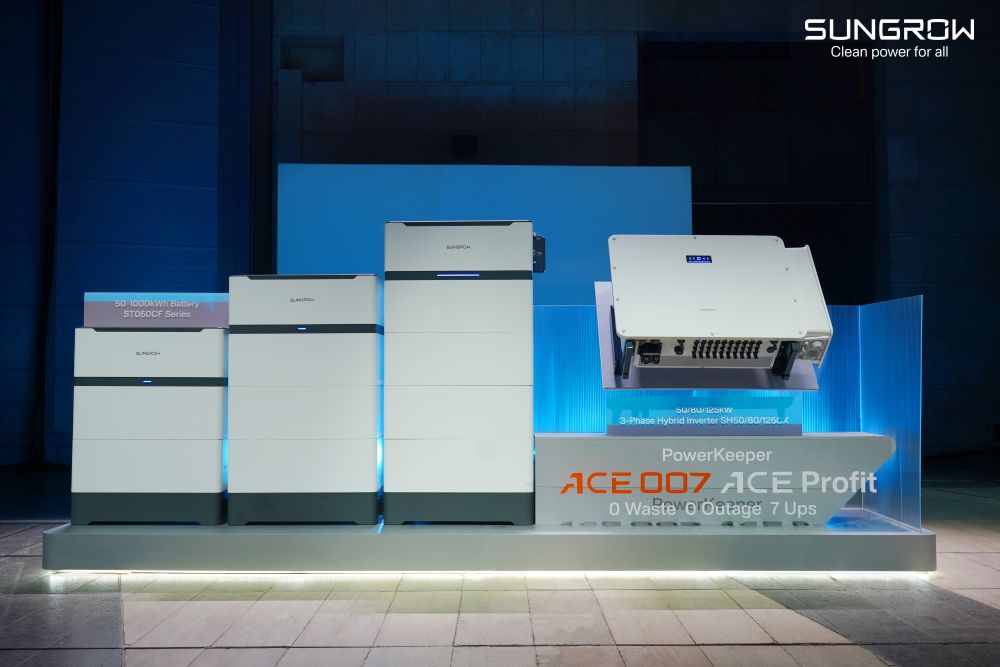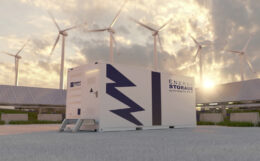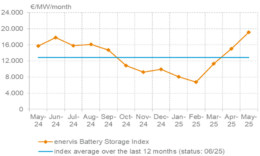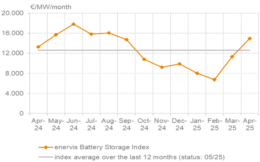BBDF 2025: Challenges and prospects in Italy, Europe’s hottest storage market

A panel titled “Interactive Deep Dive Italy: Choosing the best path for BESS ROI in Italy – MACSE, capacity market, or merchant strategies?” at the Battery Business & Development Forum 2025 highlighted that the Italian battery storage market is very different from other European markets.
“The MACSE auction mechanism is making the difference,” said Salvatore Alessandro Casa, a partner at the strategic consultancy Elemens. “In the first auction round, only 10 GWh will be contracted, and in the second and third, another 50 GWh.”
Casa recalled that Italy already has 1.2 GW of battery capacity in operation, mostly operated by the Italian utility Enel. “In 2025, we will see another 1 GW coming online, and this will also come from other market operators.”
In 2026 and 2027, however, new capacity additions will be 0.2 GW and 0.9 GW, respectively, ahead of 2028, when the first projects selected by the MACSE mechanism are scheduled to start operating.
While we wait to see these projects materialize, there will still be room for projects going merchant in Italy. “The market is still evolving and will keep evolving,” Casa said. “Currently, there is a lot of volatility, which means a good environment for merchant strategies while it lasts. But this is also a sign that the market is still immature.”
“The MACSE offers very interesting remuneration levels, and it is a regulated investment,” he went on to say. “But there is a lot of competition in a very crowded landscape.”
Maria Cristina Gibelli, a senior associate at the Sani Zangrando law firm, stressed the importance of securing all permits before participating in the procurement process. “Only plants that are fully authorized with a grid-connection permit can participate,” she explained.
Giuseppe Artizzu, CEO of project developer NHOA Energy, explained that the MACSE also offers room for merchant transactions. “It is a small space and entails some bidding risk,” he said. “Modularity and oversizing will be key to achieve successful projects in this regard.”
Artizzu also warned that projects should be able to comply with upcoming cybersecurity and grid code regulations, which are retroactive by nature. Furthermore, he suggested that developers carefully address reliability. “Reliability is everything, and it is mostly about how fast the system will degrade. Lenders are careful in bankability assessments, and degradation cannot be neglected.”
Mahael Fedele, partner and CEO at Sphera Energy, pointed out new regulatory changes regarding the approval process for battery projects. “In the last three years, it was necessary to secure only one approval, the so-called ‘Autorizzazione Unica,’ from the Ministry of Environment and Energy Security, and the process worked well, much faster than solar and wind,” he explained. “Since the beginning of 2025, however, projects below 200 MW must go back to the regional government to secure a permit, and we know some regions are fast while others are not.”
Roberto Jiménez, executive director at BW ESS, said his company is active in the capacity market where, despite very low levels of remuneration, developers can secure revenue over 15 years. “However, we want to complement that payment with additional payments, tools, and floor structures.”
Especially for tolling, Jiménez sees more potential in the Italian market. “The market is evolving very quickly, and we see some increasing interest,” he added.
Daniele Moriconi, managing director for BESS and energy management at Zhero, explained that the MACSE has set very “delicate” deadlines. As a result, he said, a shortage of good companies could materialize. “We need quality to develop all of the projects, and the number of highly skilled companies remains limited.”
He also warned of the “secondary permitting” issue. “Once you have an authorization, the job is not done,” he said. “And the MACSE does not provide clarity on the matter.”
According to Moriconi, the execution risk must be taken seriously.

